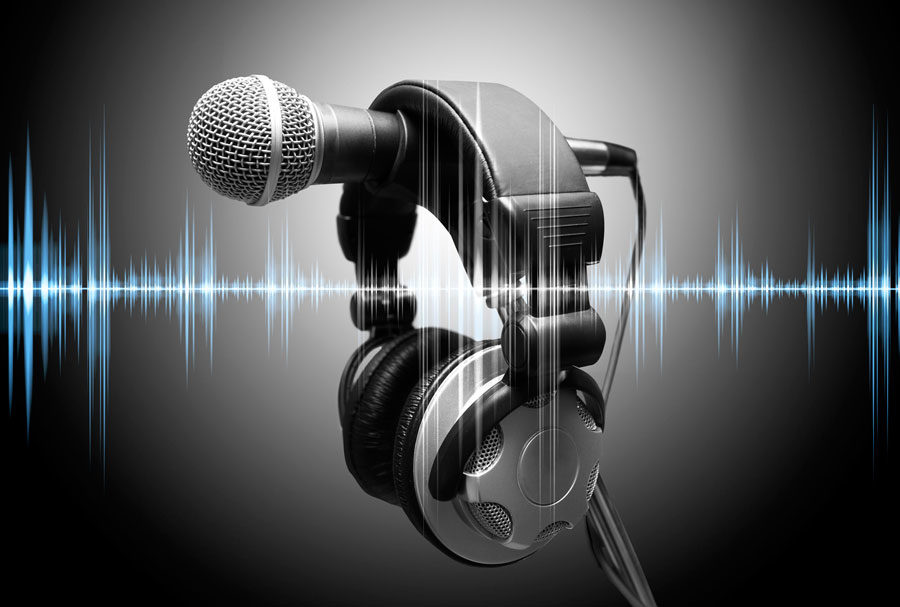Have Rap and Hip Hop Evolved — or Devolved?
March 25, 2019
Fatback Band’s “King Tim III (Personality Jock),” released in 1979, was the first song to be created in the genre of rap/hip hop. Because the Sugarhill Gang’s first song, “Rapper’s Delight,” was the first rap/hip hop single to become a Top 40 hit on the Billboard Hot 100, many people think it was the first rap song ever, but in fact “King Tim III (Personality Jock)” beat it by only a few months.
But what exactly is this genre, and how is it changing?
First, to understand if a song falls into this genre, hip hop may be broken down into four pillars:
DJing
DJing is when a person has equipment that allows them to create beats on the spot. When this style began, one person would spin records while another person stood up and rapped to a crowd.
MCing
Rapping leads to the next element, MCing. This is just when an MC (Master of Ceremonies) raps to beats that a DJ provides for them. According to Wikipedia, rapping is a musical form of vocal delivery that incorporates rhyme and which is performed or chanted in a variety of ways, usually over a backing beat or musical accompaniment.
B-boying
The third pillar is B-boying. This is just a modern way of explaining breakdancing. If you can breakdance to a song you are listening to, most likely it is hip hop.
Writing
The last pillar is writing. When there is graffiti, that is a big sign that hip hop has affected the artist in some way.
Hip hop struggled at first because its creator, Gil Scott-Heron, was trying to start up another type of music when funk was so big in the Bronx (a borough of New York City), where it all started. He was known as the first and the best MC in history. There is even a series on Netflix about the way he created hip hop, called The Get Down. In the show, the actors try to spread the message that when a person is MCing and rapping about their problems, it is like a stress reliever.
But recent hip hop music has a lot of cuss words, mumbled words, and talk about sex, drugs, and money. These rappers think that these serious topics are a game and play with words like there will be no consequences.
Throughout rapping history, rappers have gotten killed in gangs, gone to jail, done drugs, and basically been bad influences for youth. But while there has always been violence, people didn’t always rap about it. Artists such as Grandmaster Flash and Dj Kool Herc didn’t always talk about the bad things going on in the world. They would just play music as their getaway.
Nowadays, people such as XXXtentacion and Machine Gun Kelly talk about drugs and money and violence, setting bad examples for their fans. For example, in “Rap Devil,” Machine Gun Kelly talks trash about Eminem: “I’m sick of them sweat suits and them corny hats, let’s talk about it. I’m sick of you bein’ rich and you still mad, let’s talk about it. Both of us single dads from the Midwest, we can talk about it.” This song is causing drama.
Some of the older rap caused drama too, but the starting-out rappers wanted people to pay attention to problems and bring cures to the poison in the world. Even though there may be MCs or rappers with positive messages today, there are just not enough of them, and most of them don’t exactly blow up.
But some rappers still stick to the original form of rap, trying to make their music clean and to make people understand there are a lot more problems than the ones so many rappers rap about, such as Joyner Lucas, Kendrick Lamar, and J. Cole. They might rap about some bad things in the world, but they also have some positivity to spread. They try to make things right in the world.
For example, in his song “Frozen,” Joyner Lucas raps as a little girl who gets killed by a driver that is texting and driving: “No more hangin’ with my friends, no more ridin’ bikes, No more brushin’ Barbies hair, no more flyin’ kites, No more school, no more learnin’ for me.”
Conscious rap is a subgenre of hip hop that focuses on creating awareness and imparting knowledge. Conscious rappers traditionally have decried violence, discrimination, and other problems of society. Some of these rappers are Common, Tupac, Logic, Ice Cube, and plenty more. For example, in “Dear Mama,” Tupac rapped, “Ain’t a woman alive that could take my mama’s place. Suspended from school and scared to go home, I was a fool with the big boys, breaking all the rules.”
If our young decide to go the route of intensifying cussing, drugs, and doing whatever they want, they could possibly bring hip hop to an end because it is getting dangerous, and the misbehavior is getting old.
Or our future adults could see that this negativity is toxic, and we can overrule the bad music with the way that hip hop started — positive, stress relieving, easy to understand, and comforting to listen to.


